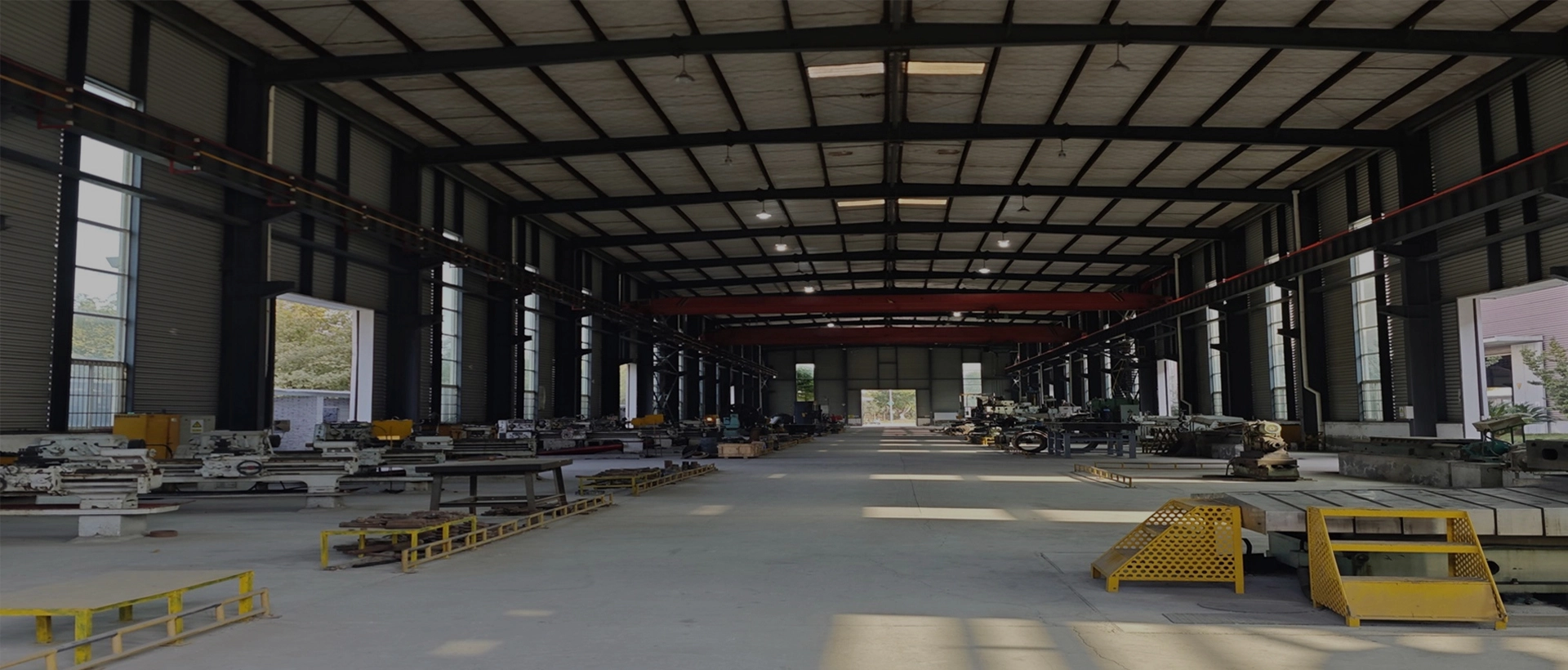Maximizing crusher efficiency is pivotal in the material processing industry, where throughput, quality, and operational costs are constantly under scrutiny. Optimized feeding equipment plays a crucial role in achieving these efficiency goals by ensuring a consistent, controlled flow of material into the crusher. This harmonization between the feeder and crusher leads to several key benefits that directly impact overall productivity and cost-effectiveness.
Firstly, a well-designed feeding system can significantly reduce the occurrence of blockages and downtime by providing a steady material supply that matches the crusher’s capacity. This synchronization prevents both overloading and underfeeding, which can cause wear and tear on the crusher and result in suboptimal performance. By maintaining an optimal feed rate, crushers can operate at their designed efficiency levels, maximizing the reduction ratios and producing uniform particle sizes.
Moreover, optimized feeding equipment can contribute to energy savings. By eliminating potential bottlenecks and ensuring a smooth flow of materials, the crusher can work under less strain, reducing the power consumption required for crushing operations. This not only lowers energy costs but also extends the lifespan of the crusher by reducing mechanical stress.
Additionally, advanced feeding systems often incorporate technologies such as automation and real-time monitoring, allowing for adjustments to be made on-the-fly based on the characteristics of the incoming material. This adaptability ensures that the crusher is always working under ideal conditions, further enhancing efficiency and reducing waste.
In conclusion, investing in optimized feeding equipment is a strategic decision that can significantly enhance crusher efficiency. By ensuring a consistent, controlled flow of material, operations can achieve higher throughput, better product quality, and reduced operational costs, ultimately leading to improved profitability.
